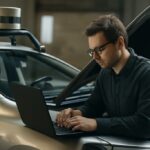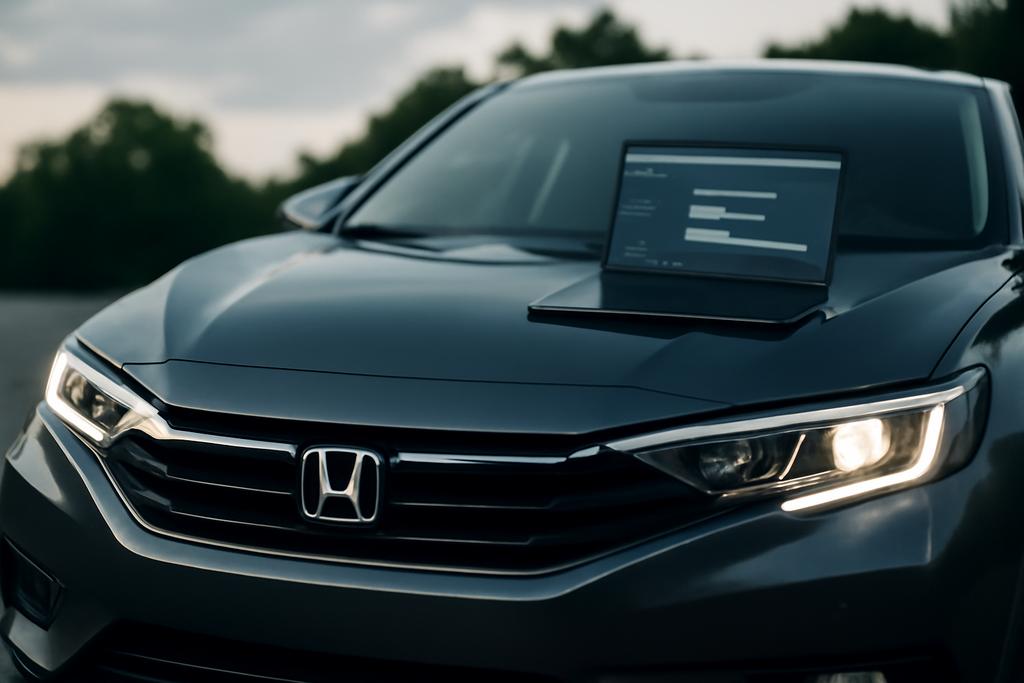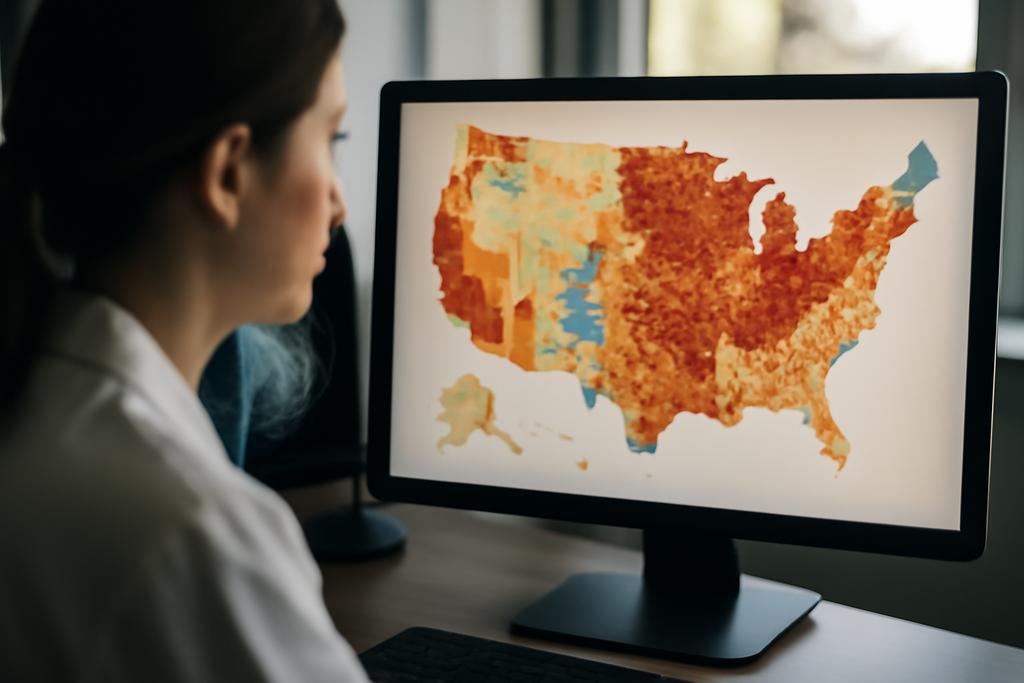The automotive industry is undergoing a silent revolution. It’s not the roar of the engine or the sleek design that’s changing, but the very soul of the car itself. We’re moving from vehicles with fixed capabilities to software-defined vehicles (SDVs) – cars that continuously update and improve themselves, much like our smartphones.
The Challenge of Constant Change
This constant evolution introduces enormous complexity. Imagine a single car model, but with thousands of variations based on features, location, hardware, and even individual customer preferences. Each update needs multiple tailored versions to ensure everything works seamlessly across the entire fleet. This isn’t just about adding new features like heated seats; it’s about managing complex interactions of software, sensors, and safety systems.
This problem, however, isn’t unique to cars. Software development in general is becoming increasingly complex, and the industry has adapted with approaches like DevOps and CI/CD (Continuous Integration/Continuous Deployment). These frameworks aim to automate the build, testing, and deployment of software, enabling more efficient and reliable updates. But implementing this in the automotive world presents unique hurdles.
A New CI/CD Pipeline for Self-Updating Cars
Researchers at the University of Stuttgart, led by Matthias Weiß, have developed an open-source CI/CD pipeline specifically designed for SDVs. This isn’t just another tool; it’s a comprehensive system managing the entire update process, from writing the code to delivering it to millions of cars around the world. The system isn’t limited to simple software updates; it also manages the deployment of machine learning (ML) models, allowing vehicles to constantly learn and improve their performance.
The pipeline elegantly tackles the challenge of variation. Different cars have different configurations, and the system cleverly identifies the appropriate version of the software and delivers it to the correct car. It’s like having a highly intelligent postal service for cars, ensuring that each vehicle gets exactly what it needs.
A Symphony of Software and Hardware
The beauty of this system lies in its modularity. It can handle various types of software – firmware for embedded systems, complex applications running on high-performance computers within the car, and ML models – all within a single, unified framework. This modularity extends to the deployment process, ensuring updates can reach different components of the vehicle (from the engine control unit to a cloud-based service) seamlessly. This is akin to a finely tuned orchestra, where each instrument (software component) plays its part in perfect harmony, even when new players (updates) are added to the ensemble.
The researchers tested their system using TurtleBots – small, mobile robots – as stand-ins for cars, demonstrating how various updates, including ML models for object detection, can be deployed and managed across a fleet. This is a crucial step towards making the technology real, moving beyond simulations and into a practical, testable environment.
The Implications: A Safer, Smarter Future
This open-source pipeline isn’t just a technological marvel; it holds significant implications for the future of driving. By streamlining the update process and handling the complexities of software variations, the system paves the way for safer, more efficient, and more personalized vehicles. Imagine cars that constantly learn from the data they collect, adapting to driving conditions and improving their safety features in real-time.
Beyond safety, this technology will foster innovation. The ease of deploying updates allows manufacturers to rapidly introduce new features and services, pushing the boundaries of what’s possible in the automotive industry. It’s a catalyst for constant improvement, bringing a dynamic ecosystem of features to cars, potentially even rivaling the pace of smartphone development.
But the true power of this research lies in its openness. By making the pipeline publicly available, it encourages collaboration and empowers other researchers and manufacturers to build upon this foundation, collectively shaping the future of connected and autonomous vehicles. This collaborative effort ensures the technology is secure, reliable, and accessible for all, accelerating the transition towards a more intelligent and sustainable transportation ecosystem.
Beyond the Road: A Paradigm Shift in Software Engineering
The advancements presented in this research extend beyond the automotive domain. The ability to manage complex software updates and variants across heterogeneous systems has far-reaching implications for various industries. From industrial automation to smart homes, the principles developed here can significantly improve the efficiency, reliability, and resilience of software systems.
It’s a testament to the power of collaboration, open-source development, and the pursuit of technological innovation to solve real-world problems. The University of Stuttgart’s work represents a significant step forward, not just in the evolution of automobiles, but in how we approach the development, deployment, and maintenance of complex software systems in general.










